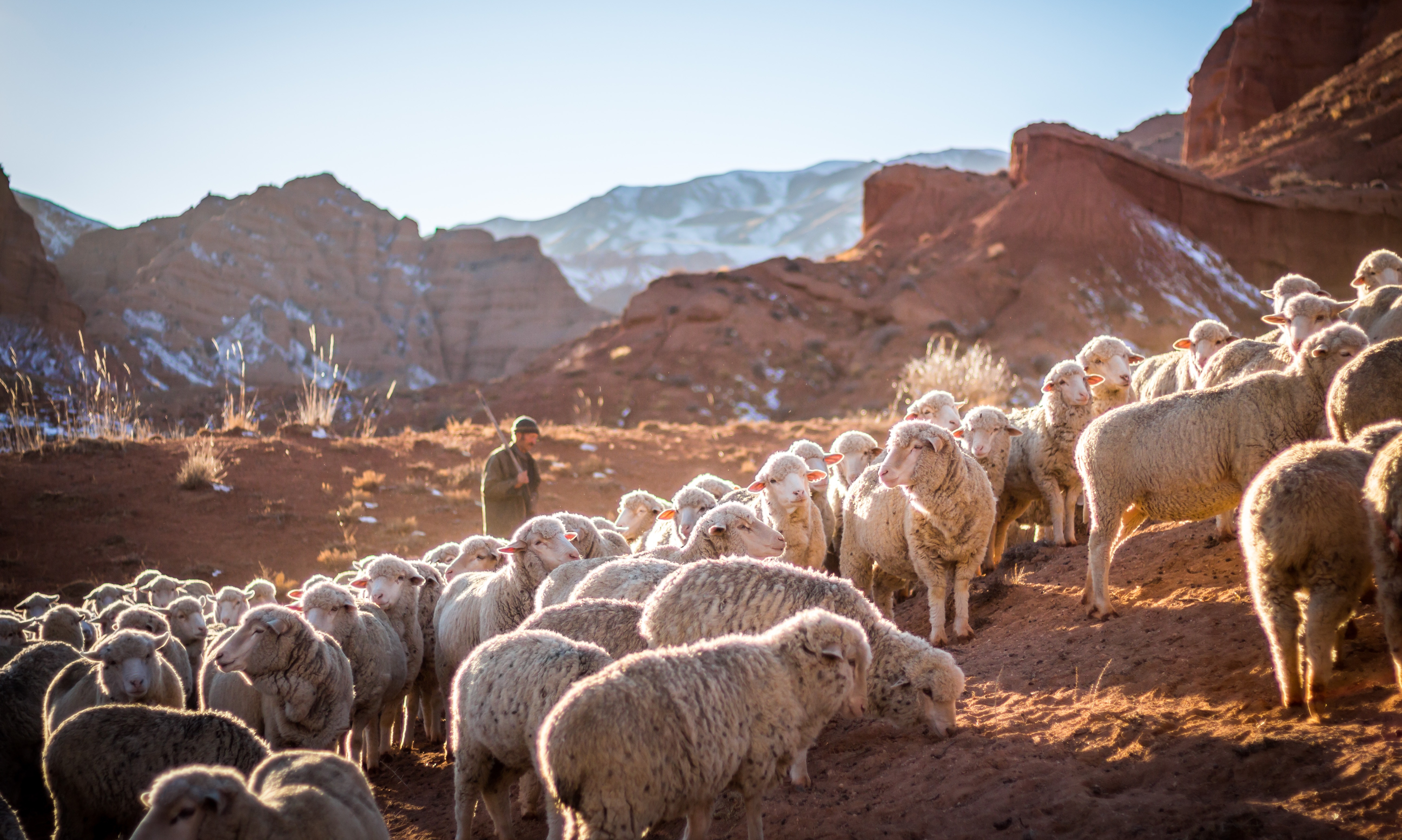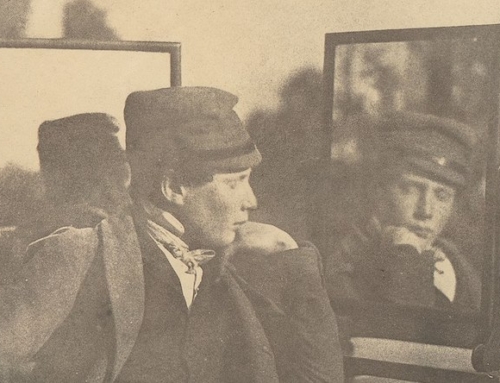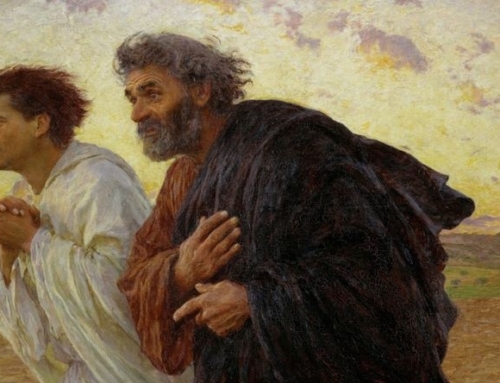Who is your shepherd? Whose sheep are you? We’re all sheep, following some shepherd with docility or butting against the goad. Either way, we’re all sheep who must decide in whose flock we wish to be counted. Sheep become like their shepherd, following his ways.
The Scriptures present two fundamental types of shepherds. The prophets inveighed against those wicked shepherds “who destroy and scatter the flock of [the Lord’s] pasture” (Jer. 23:1). Such shepherds failed to care for the sheep who “were scattered for lack of a shepherd, and became food for all the wild beasts…No one looked after them” (Ez. 34:5-6). The sheep who follow such shepherds find themselves lost and perishing.
Following wicked shepherds, lost sheep become wicked sheep, trusting in themselves and sharing in the lot of the wicked:
“This is the lot of those who trust in themselves,
who have others at their beck and call.
Like sheep they are driven to the grave,
where death shall be their shepherd.” (Ps. 49: 13-14)
Death is the shepherd of the wicked. For it was the wicked “who with hands and words invited death, considered it a friend, and pined for it, and made a covenant with it” (Wis 1:16). To follow wicked shepherds—or to trust in yourself as your own shepherd—is to make death your shepherd.
Where shall we poor sheep flee from such a dreadful shepherd? Who is the shepherd that will drive us to pastures better than the grave? How shall we enter into his fold and receive his pasture?
With clear voice, that shepherd cries out to us lost sheep: “‘I am the good shepherd’ (Jn 10:14). All those other shepherds were liars and thieves, imposters and usurpers. They came ‘only to steal and kill and destroy’ (Jn. 10:10). But I, your true shepherd, I have come to find you: ‘I myself will search for my sheep…I myself will pasture my sheep; I myself will give them rest’ (Ez. 34:11,15).”
How will he make us his sheep? We cannot buy entrance into such a shepherd’s flock.
“For no man can buy his own ransom,
or pay a price to God for his life.
The ransom of his soul is beyond him.
He cannot buy life without end,
nor avoid coming to the grave.” (Ps. 49:7-9)
Yet our shepherd has offered a means of payment we could never raise ourselves. With his own life he purchased us from the flock of death. This is why he came to seek us scattered sheep. “I came that they may have life, and have it abundantly. I am the good shepherd. The good shepherd lays down his life for the sheep” (Jn. 10:10-11).
When Christ took up the crook of the cross, he made us his sheep, gathering us “into one flock, destined for the sheepfolds of heaven” (St. Theodore the Studite). Our good shepherd guides us to eternal pastures, where we shall graze not on perishable grass, but on the festive banquet of the Lord. From grazing we shall lift up our eyes to gaze “upon the face of God with unclouded vision and feast at the banquet of life for ever more” (St. Gregory the Great). For this, ultimately, is where our good shepherd leads us, where sheep have become sons knowing the love of the Father and the one he sent to shepherd us home. “And this is eternal life, that they know thee the only true God, and Jesus Christ whom thou hast sent” (Jn. 17:3).
Who is your shepherd? My shepherd is Life.
✠







